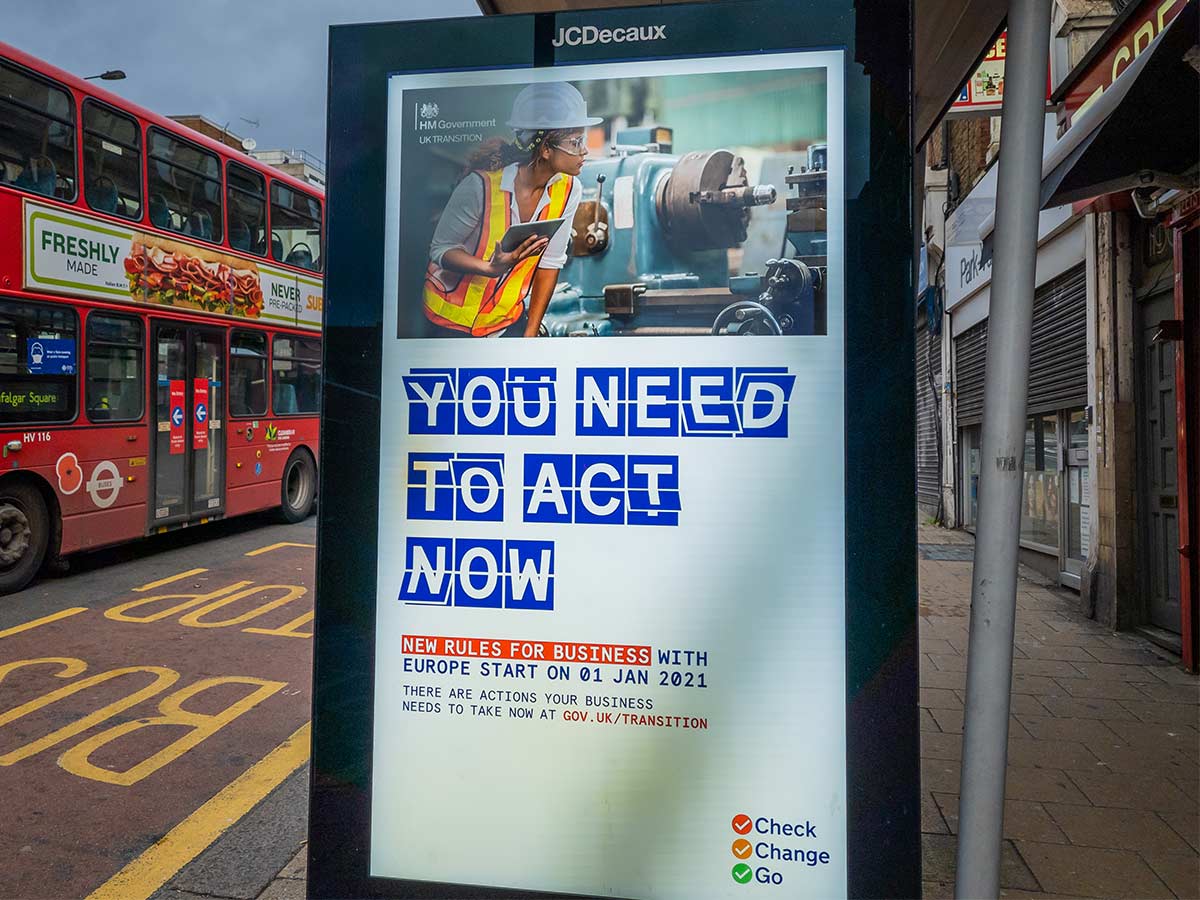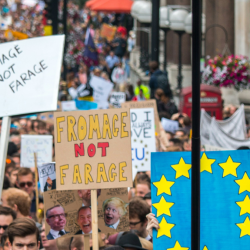The UK Government secured a Brexit deal at the eleventh hour in the dying embers of 2020, but confusion still reigns as to what the ultimate consequences will be for UK businesses looking to trade with the continent.
The most immediate impact has been a growing reluctance from companies large and small to deliver to European countries, concerned about the burden of paperwork, punitive customs charges and a lack of clarity over how and when goods can get to their destination.
Large institutions like John Lewis has ceased providing delivery to Europe, however the BBC reports the company claims this is unrelated to Brexit and is instead part of its strategy to “focus on the UK”.
Other companies are more overtly blaming the Brexit process for limiting or cancelling European deliveries. Delivery company DPD stated that new border procedures, delays and congestion at UK ports were the reason behind its decision to pause its road service. The halt in traffic is not all one way. Cycling brand Capagnolo announced it was to suspend sales and delivery to the UK, however some of its products which are available in the UK through its existing distribution network were unaffected.
One of the biggest challenges facing businesses has been the Rule of Origin clause which states that even if an item is sold from the UK, if it contains parts or is made outside the EU or the UK, it becomes liable for VAT and import duties. In many cases this makes their products much more expensive than competitors’. While COVID may have caused some short-term issues due to border closures and testing complications, it is possible that unravelling red tape to get the smooth flow of goods going again may take some time.
Featured image: Yau Ming Low / Shutterstock.com






























